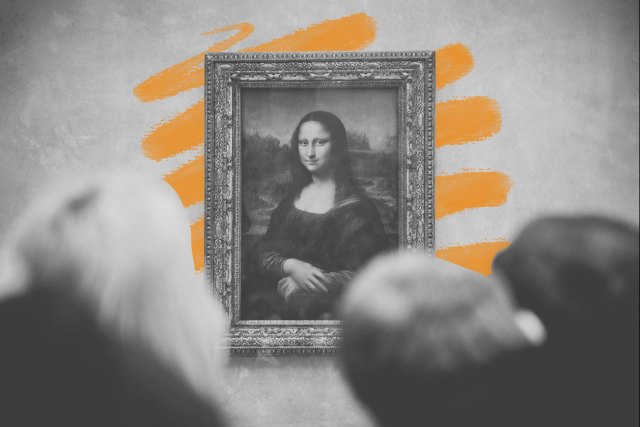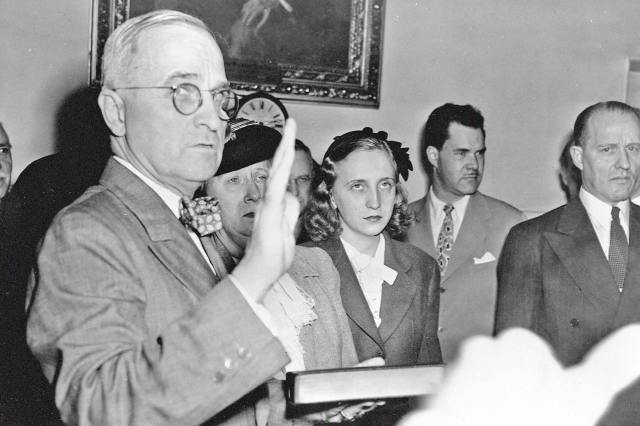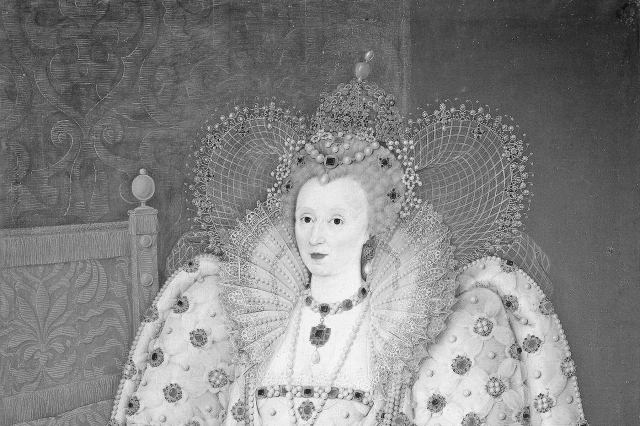Which leader had the "Mona Lisa" in his bedroom?
Tuesday, May 21, 2024
Leonardo da Vinci's "Mona Lisa" has been on display at the Louvre Museum since 1804, but before that it hung in a rather less accessible location: the bedroom of French Emperor Napoleon Bonaparte. |
| |
| |
|
 |
|
| L eonardo da Vinci's "Mona Lisa" has been on display at the Louvre Museum since 1804, but before that it hung in a rather less accessible location: the bedroom of French Emperor Napoleon Bonaparte. After Leonardo died in 1519, the "Mona Lisa" eventually passed into the possession of the artist's patron, King Francis I of France, and it remained the property of the French monarchy for more than 250 years. During the French Revolution (1789 to 1799), the painting was requisitioned by the rebelling public and officially became the property of the French Republic. However, this did not mean that the average French citizen was able to view Leonardo's masterpiece. |
|
|
| Napoleon Bonaparte, who rose to power in revolutionary France, had become enamored with the mysterious woman in the portrait — he even took to referring to her as "Madame Lisa" and the "Sphinx of the Occident." In 1800, he ordered that the painting be transferred to his private bedchambers at Tuileries Palace in Paris. Since Napoleon was, well, Napoleon, nobody argued with him, and he enjoyed the privilege of having one of the world's most famous works of art hanging by his bedside for four years. In 1804, the "Mona Lisa" was transferred from Napoleon's bedroom to the Grand Gallery of the Louvre Museum, and since then no individual has had the audacity (or power) to add it to their private collection. It remains on public display to this day. |
|
 |  |
|
|
 |
|
| |
|
| Current value (in U.S. dollars) of the "Mona Lisa" | | | $860 million |
| | | Price (in U.S. dollars) that Bill Gates paid for one of Leonardo da Vinci's notebooks | | | $30.8 million |
| | | Price (in U.S. dollars) that Bill Gates paid for one of Leonardo da Vinci's notebooks | | | $30.8 million |
|
|
|
| Soldiers in Napoleon's army at the height of his power | | | 600,000 |
| | | Times the "Mona Lisa" has been vandalized | | | 5 |
| | | Times the "Mona Lisa" has been vandalized | | | 5 |
|
|
|
 |
|
 | | Did you know? |
|
|
Pablo Picasso was once arrested for stealing the "Mona Lisa." |
|
| One Tuesday morning in 1911, a French artist visited the Louvre Museum and noticed the "Mona Lisa" was absent from its usual spot on the gallery wall. After a thorough search of the entire museum, authorities realized that the painting had been stolen. The theft of the "Mona Lisa" caused an immediate sensation, and visitors began flocking to the Louvre just to see the empty spot on the wall where Leonardo's masterpiece once hung. During their investigation into the theft, French authorities arrested a young artist named Pablo Picasso. Picasso had a history of purchasing stolen art from the museum, so he immediately came under suspicion. After an appearance in court, during which he made an emotional protestation of innocence, Picasso was cleared of suspicion, and two years later the painting was located in Italy, where the real thief, former Louvre employee Vincenzo Peruggia, was caught trying to sell it to an art dealer in Florence. |
|


posted by June Lesley at 4:00 AM











![]()
![]()







0 Comments:
Post a Comment
<< Home